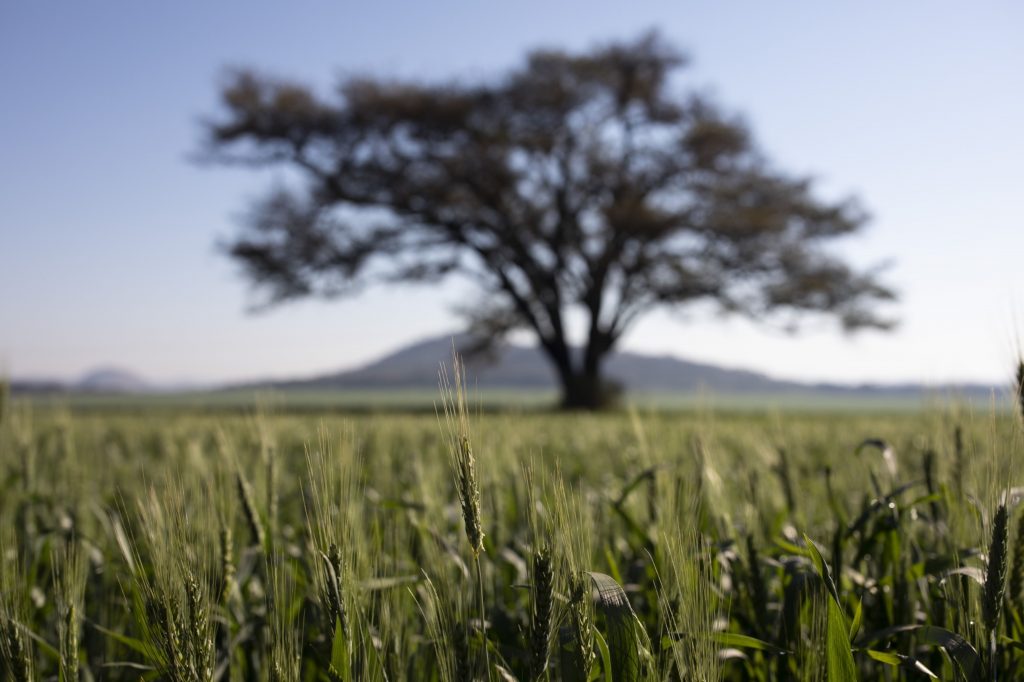In almost the last of the balmy golden days before winter tightened her grip on us in late June, we gathered under the big old tree in Mutare.
The mountains towered in front of us, a startling blue sky covered us, and we bowed our heads to listen to the memories of the young man who had passed.
A hundred or more people were there, many of us wept, at moments we laughed, sometimes clapped. It was one of those times when you don’t want it to end but at the same time can hardly bear to listen to another word, can hardly bear the heartbreak. At the end of the service, five women walked to the front.
One voice sang out, a slight quaver at first but then strong and determined, a loving song in memory of the young man; the other women joined in and our tears spilled again, along with theirs, clear, haunting voices in heartfelt tribute, the only sound between us and the mountains.
A situation we cannot ignore
Later a long-time reader of these columns came and introduced himself to me. We embraced and had a few words about the situation in our country, a situation we can’t ignore no matter how thick our skin.
Everyone is now reeling under 1 298% inflation, trying to work out how to cope, how to survive.
“I’ve got a column to do this week,” I said. “Any thoughts?”
He looked at the people all around us and swung his arm around: ‘This,” he said. “This amazing community spirit.”
He was right of course, because it is this ability to be there for each other and to help each other that makes us exactly who we are, regardless of the ugly politics, the greedy politicians and their punitive policies.
Read:
IMF wants Zimbabwe to take further steps on currency reforms
Zimbabweans in SA left dangling for another six months
Under the sausage tree
The face of Zimbabwe for the past week has been the absurd ‘all smiles’ news being bragged about in the state media.
Here’s what they said in The Herald: “It was all smiles for pensioners after they started receiving their monthly forex portion [US dollars part of their pensions] as the government continues to cushion retired workers from economic challenges.”
A pensioner in Zimbabwe receiving a state pension gets around Z$60 000 a month – that’s the equivalent on the street today of US$8.
Added to this is the ‘forex portion’ that state media is bragging about, which is around US$30 a month and has just been introduced by government. Many banks have a ‘transaction charge’ of US$5 so you actually only get US$25 of your pension in your hand.
You probably need to use about US$5 of that just to get to the bank to withdraw it, so you’re left with a total of US$28 a month – US 93 cents a day.
Can you live on that is the question our government should be asking, if they dare, if they care. Can you even buy your monthly medicines for US$28 a month?
And this is what they call ‘cushioning’ retired workers. Really? But hang on, come along with me down the pavement I walked on this week. Outside the savings bank there must have been about 300 pensioners all waiting to get inside to collect their pensions.
These by the way are not free handouts but pensions that individuals and their employers paid into, in US dollars, for decades.
By 09:30 the savings bank had run out of money and so everyone waits, and waits and waits. There’s nowhere to sit except on the ground. It’s too painful to see. I find myself nodding sympathetically to people, my hand on my heart as I pass, looking down, overwhelmed with humility and shame.
What have we come to when the very people who gave their working lives to the service of this country are reduced to this?
The full-on disaster that is inflation
Take a deep breath after reading that, then try this: inflation of almost 1 300 percent isn’t an ‘economic challenge’ – it’s a full-on disaster whichever way you look at it. Half a bag of groceries that you can carry out of the supermarket in one hand now costs over Z$100 000.
Staples are fast disappearing from shelves as shop owners can’t afford to stock goods that they are told, by government, to sell for less than the price they paid for them.
A two litre bottle of cooking oil was priced at Z$25 999.99, a 2kg bag of flour Z$17 999.99, and sugar has just disappeared. Last week there were six shelves of flour, yesterday there were two single 2kg bags left, the gaps replaced with imported corn flakes.
As I drove home and left the mountains behind me the grass was tall and golden, youngsters were cutting and selling thatching grass on the roadsides and women were making grass brooms.
The voices of the women singing in the mountains lingered in my head and I know that tonight I will watch for the shooting stars, looking for solace, for understanding, for hope for our Zimbabwe.
Read: Patriotism and popcorn, Zimbabwe on the edge
Copyright © Cathy Buckle

